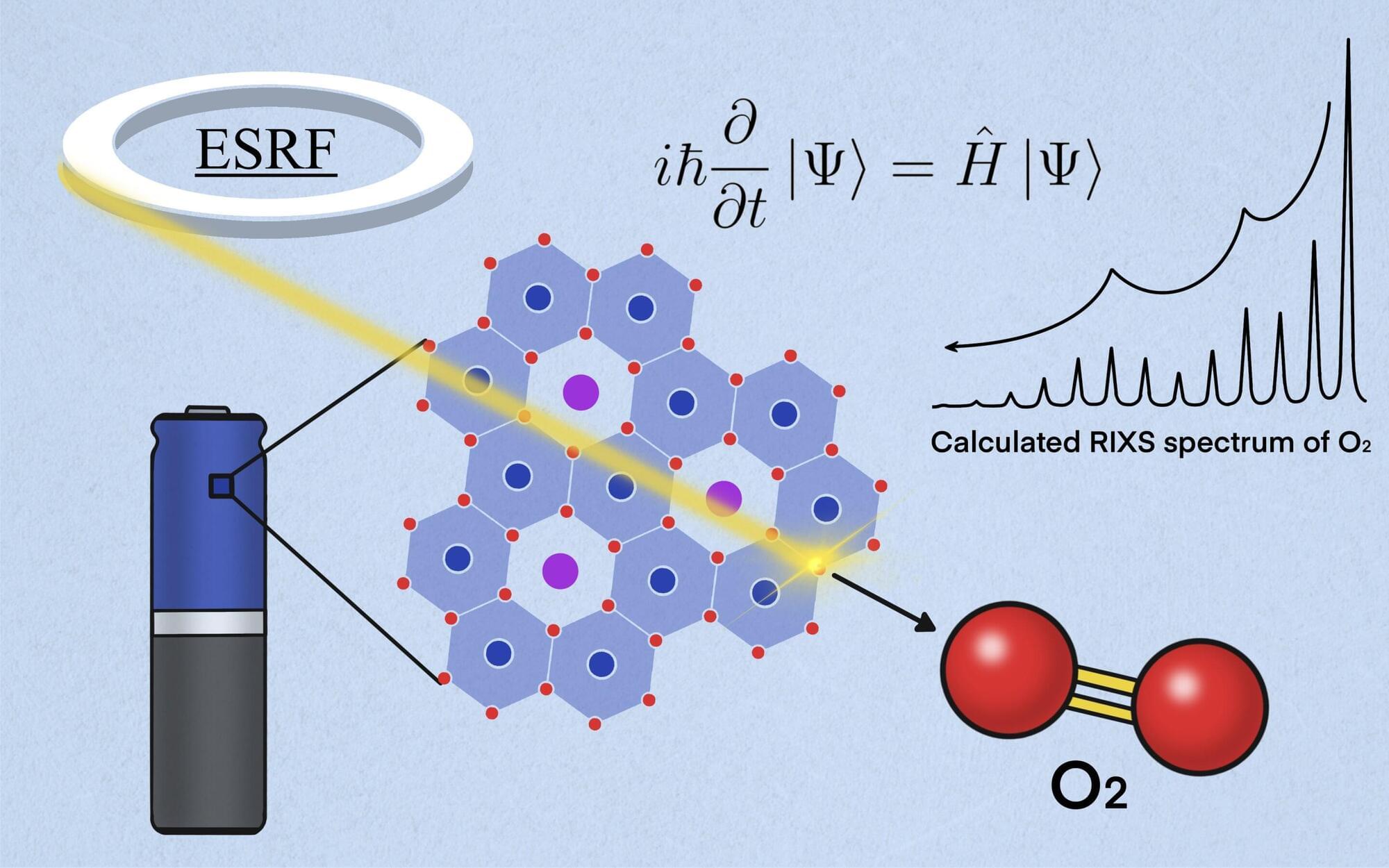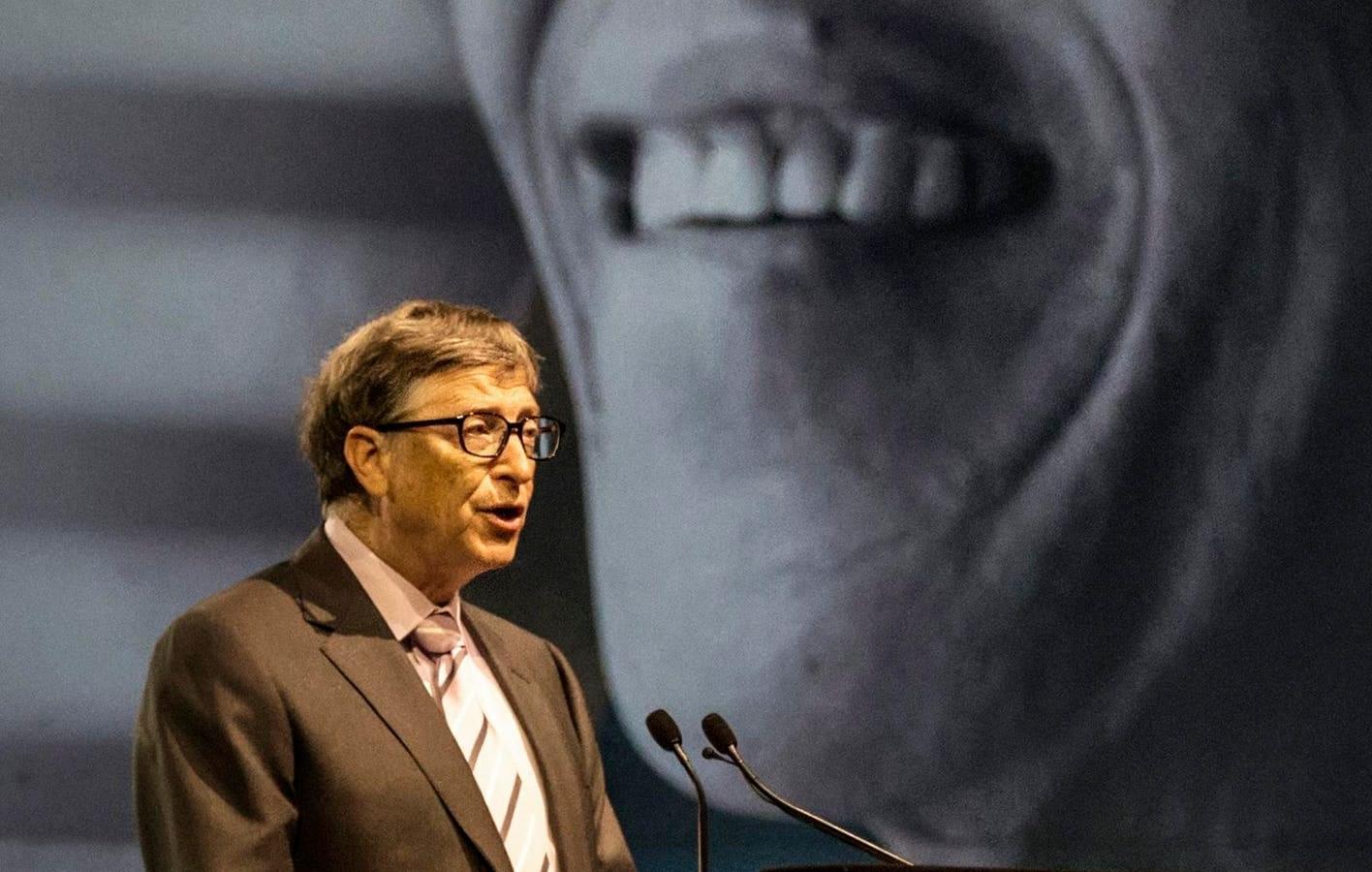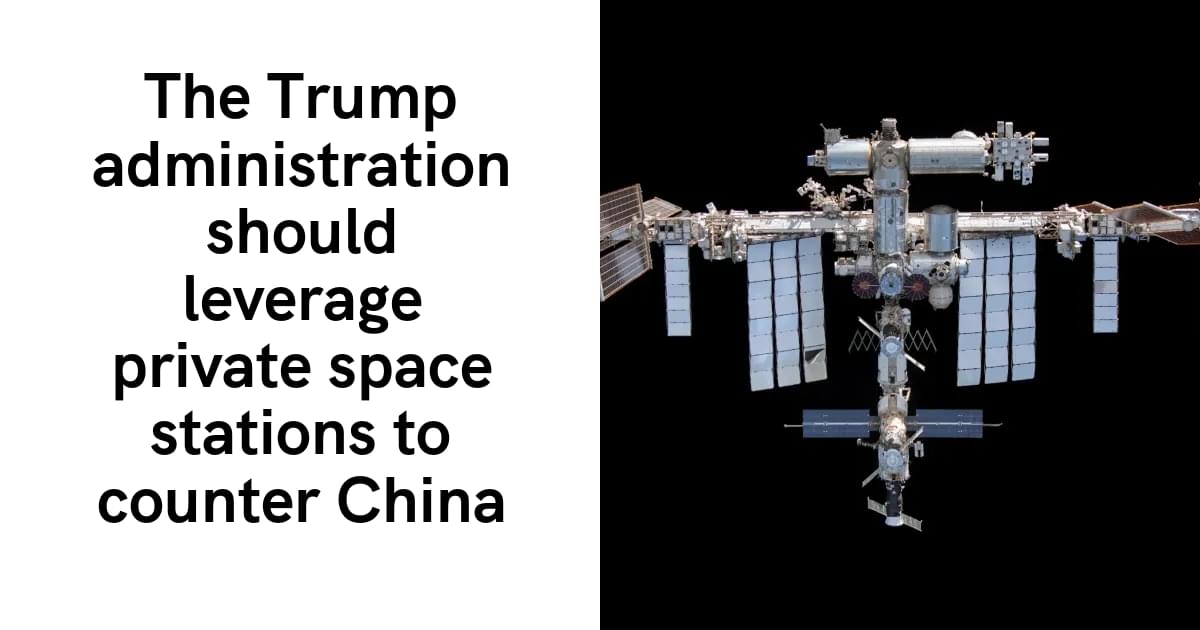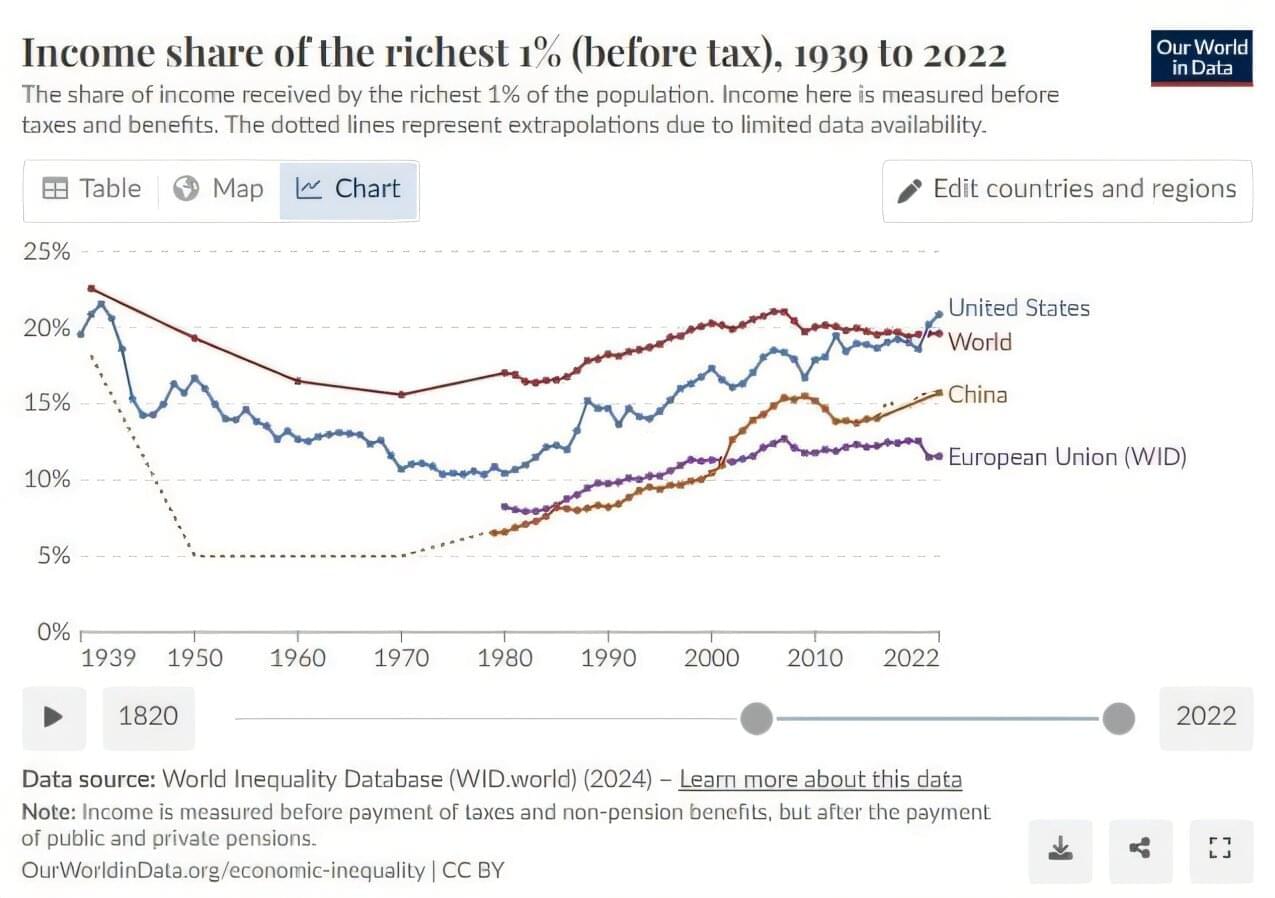With the anniversary of the first lockdown approaching, inflation and market volatility are now facts of financial life.



Mankind is facing a central challenge: It must manage the transition to a sustainable and carbon dioxide-neutral energy economy.
Hydrogen is considered a promising alternative to fossil fuels. It can be produced from water using electricity. If the electricity comes from renewable sources, it is called green hydrogen. But it would be even more sustainable if hydrogen could be produced directly with the energy of sunlight.
In nature, light-driven water splitting takes place during photosynthesis in plants. Plants use a complex molecular apparatus for this, the so-called photosystem II. Mimicking its active center is a promising strategy for realizing the sustainable production of hydrogen. A team led by Professor Frank Würthner at the Institute of Organic Chemistry and the Center for Nanosystems Chemistry at Julius-Maximilians-Universität Würzburg (JMU) is working on this.
Howard Bloom, Dr. Ben Goertzel, and Dr. Mihaela Ulieru examine how principles of emergent intelligence in natural systems can inform artificial general intelligence (AGI) development.
Join us at the Beneficial AGI Summit & Unconference 2025 (May 26–28 in Istanbul) to learn more about these topics and collaborate on addressing the critical challenges of developing beneficial AGI. Register now to watch online or attend in-person: https://bgisummit.io/
/ 22517.global_brain.
https://en.wikipedia.org/wiki/Howard_… • A Cultural Legend Tackles the Benefic… 00:00 Intro 01:20 Howard Bloom’s Online Journey and the Global Brain 04:33 Ben Goertzel’s Perspective on the Global Brain 09:07 The Evolution of Intelligence and AI 12:42 Challenges and Philosophies in AI Development 17:56 Human Values and AI: A Complex Relationship 24:18 The Role of Compassion in AI and Human Evolution 29:31 Tribalism and Ethical Reasoning in AI 30:16 Emergence of AI Values 31:26 Self-Organization and Compassion in AI 32:21 Ethical Theories and AI Attractors 34:33 Future Economy and AI Impact 34:48 AI and Human Economy Transformation 35:44 Cosmic Ambitions and AI 37:15 Competition Among AIs 38:00 Vision of Beneficial AGI 38:20 Path to Human-Level AGI 42:32 Emergence and Cooperation in AI 46:17 Singularity and Human Nature 50:09 Punctuated Equilibrium in AI Development 52:27 Engineering the Future of Intelligence 54:22 Closing Thoughts on AI and the Future #AGI #AI #BGI — SingularityNET was founded by Dr. Ben Goertzel with the mission of creating a decentralized, democratic, inclusive and beneficial Artificial General Intelligence (AGI). According to Dr. Goertzel, AGI should be independent of any central entity, open to anyone and not restricted to the narrow goals of a single corporation or even a single country. The SingularityNET team includes seasoned engineers, scientists, researchers, entrepreneurs, and marketers. The core platform and AI teams are further complemented by specialized teams devoted to application areas such as finance, robotics, biomedical AI, media, arts and entertainment. Website: https://singularitynet.io X: https://twitter.com/SingularityNET Linkedin:
/ singularitynet Instagram:
/ singularitynet.io Discord:
/ discord Telegram: https://t.me/singularitynet WhatsApp: https://whatsapp.com/channel/0029VaM8… Warpcast: https://warpcast.com/singularitynet Bluesky: https://bsky.app/profile/singularityn… Github: https://github.com/singnet.
• A Cultural Legend Tackles the Benefic…
00:00 Intro.
01:20 Howard Bloom’s Online Journey and the Global Brain.
04:33 Ben Goertzel’s Perspective on the Global Brain.
09:07 The Evolution of Intelligence and AI
12:42 Challenges and Philosophies in AI Development.
17:56 Human Values and AI: A Complex Relationship.
24:18 The Role of Compassion in AI and Human Evolution.
29:31 Tribalism and Ethical Reasoning in AI
30:16 Emergence of AI Values.
31:26 Self-Organization and Compassion in AI
32:21 Ethical Theories and AI Attractors.
34:33 Future Economy and AI Impact.
34:48 AI and Human Economy Transformation.
35:44 Cosmic Ambitions and AI
37:15 Competition Among AIs.
38:00 Vision of Beneficial AGI
38:20 Path to Human-Level AGI
42:32 Emergence and Cooperation in AI
46:17 Singularity and Human Nature.
50:09 Punctuated Equilibrium in AI Development.
52:27 Engineering the Future of Intelligence.
54:22 Closing Thoughts on AI and the Future.
#AGI #AI #BGI
SingularityNET was founded by Dr. Ben Goertzel with the mission of creating a decentralized, democratic, inclusive and beneficial Artificial General Intelligence (AGI). According to Dr. Goertzel, AGI should be independent of any central entity, open to anyone and not restricted to the narrow goals of a single corporation or even a single country. The SingularityNET team includes seasoned engineers, scientists, researchers, entrepreneurs, and marketers. The core platform and AI teams are further complemented by specialized teams devoted to application areas such as finance, robotics, biomedical AI, media, arts and entertainment.

Steelmaking, for example, is considered a hard-to-abate sector due to the extremely high temperatures necessary that can only be reached by burning fuel. However, analyses suggest that the industry could reach net zero by 2050 with a combination of carbon capture, low-carbon fuels and more efficient steel use. In the short-to medium-term, low-carbon fuels present our best opportunity to press ahead with decarbonizing such hard-to-abate industries.
Complementary fuels
Switching to lower-carbon fuels is among the most economically, politically, and technologically feasible approaches to slowing carbon emissions. It offers a lower-carbon future for newly built infrastructure in East and Southeast Asia, which could otherwise become stranded assets with serious socio-economic consequences.

In a megascience-scale collaboration with French researchers from College de France and the University of Montpellier, Skoltech scientists have shown a much-publicized problem with next-generation lithium-ion batteries to have been induced by the very experiments that sought to investigate it. Published in Nature Materials, the team’s findings suggest that the issue of lithium-rich cathode material deterioration should be approached from a different angle, giving hope for more efficient lithium-ion batteries that would store some 30% more energy.
Efficient energy storage is critical for the transition to a low-carbon economy, whether in grid-scale applications, electric vehicles, or portable devices. Lithium-ion batteries remain the best-developed electrochemical storage technology and promise further improvements. In particular, next-generation batteries with so-called lithium-rich cathodes could store about one-third more energy than their state-of-the-art counterparts with cathodes made of lithium nickel manganese cobalt oxide, or NMC.
A key challenge hindering the commercialization of lithium-rich batteries is voltage fade and capacity drop. As the battery is repeatedly charged and discharged in the course of normal use, its cathode material undergoes degradation of unclear nature, causing gradual voltage and capacity loss. The problem is known to be associated with the reduction and oxidation of the oxygen atoms in NMC, but the precise nature of this redox process is not understood. This theoretical gap undermines the attempts to overcome voltage fade and bring next-generation batteries to the market.

Microsoft will invest $290 million over the next two years in South Africa on AI and cloud infrastructure, vice chair and president Brad Smith announced.
At an event with South African President Cyril Ramaphosa in Johannesburg Thursday, Smith said the investment will help the country’s “ambition to become a globally competitive AI economy.”
It has built massive datacenters in the past three years in Johannesburg and Cape Town, a $1.1 billion investment.

We stand on the brink of a transformative era in space exploration: a shift from government-led to commercial-led activities off-planet. With this shift comes the need to recognize that the United States commercial space industry will play a pivotal role in maintaining the nation’s leadership in low Earth orbit (LEO). And while NASA has long shouldered this responsibility, its commitment to pass the torch, to foster commercial partnerships and support commercial space development, is falling short. The new Trump administration has a unique opportunity to ensure that American leadership is not usurped by our fiercest geopolitical adversary, China. To maintain U.S. leadership, the government must act with urgency to support a smaller number of companies most likely to achieve success in the critical foothold of LEO.
For a quarter of a century, the U.S. has benefited from sustaining a continuous human presence in space on the International Space Station (ISS), a strategy that China is emulating with its Tiangong space station, which has been continuously crewed since 2022. Through the ISS achievement, the U.S. not only advanced scientific understanding but also brought nations together and spurred economic growth through uncontested leadership. However, with the ISS set to retire by the end of this decade, it is imperative to transition from a government-run space station to a robust commercial space framework. This transition is essential to ensuring U.S. presence, enabling discovery, fueling our space economy and safeguarding our strategic priorities in space.
A commercial platform will continue to support the nation’s needs at a much lower cost than the ISS while stimulating a new generation of technologies that will revolutionize our economy and preserve the national asset that is our LEO workforce. Hard-working Americans in this microgravity industry are the lifeblood of what makes America great and will ensure the Chinese never surpass us in space technology.

So far, 20 pipo don share ova $4m in rewards afta dem find $40m of di stolen money and call di crypto companies make dem block di transfer.
But sabi pipo no dey optimistic again say dem go fit recover di rest of di money becos of di North Korean knowledge for hacking and laundering of di money.
Dr Dorit Dor from cyber security company Check Point tok say, “North Korea na veri closed system and closed economy so dem don create successful industry of hacking and laundering and dem no care about di negative impression of cyber crime”
Green hydrogen, produced through renewable energy sources, is considered a crucial element in the transition towards a cleaner energy future. However, current production methods are costly and energy-intensive, limiting their widespread adoption.
This new reactor uses photocatalytic sheets to split water molecules into hydrogen and oxygen using a process powered entirely by sunlight. This innovative process has the potential to drastically reduce production costs and make green hydrogen a more economically viable fuel source.
While the technology is still in its early stages, the researchers have successfully operated the prototype reactor for three years under natural sunlight, demonstrating its potential for real-world applications. Despite the promising results, the researchers acknowledge that further improvements are needed. Enhancing the efficiency of the photocatalytic process and ensuring the safe handling of potentially explosive byproducts are crucial steps towards commercialization.
The team remains optimistic that with continued research and development, this technology can revolutionize green hydrogen production and pave the way for a cleaner, more sustainable energy future. This breakthrough is particularly important for Japan, a country actively pursuing a “hydrogen society” and leading the way in hydrogen fuel technology. It could also accelerate the transition towards a hydrogen-based economy and contribute to global efforts in combating climate change.

How will artificial intelligence affect the distribution of income and wealth this century? After falling through much of the 20th century, income inequality, measured as the fraction of income going to the richest 1% of residents, has been rising since the 1980s. The fraction has doubled in both China and the United States during that time, increased by 50% in Europe and one-third worldwide.
Industrialization dominated the economy before then, but starting in the ’70s and ’80s, capital took over as globalization increased, tax changes reduced progressivity and game-changing technologies were introduced rapidly.
The computer and personal computer revolution came first, followed by the Internet and the World Wide Web. Now artificial intelligence (AI) is beginning to make its mark in the world as a next-generation general-purpose technology.